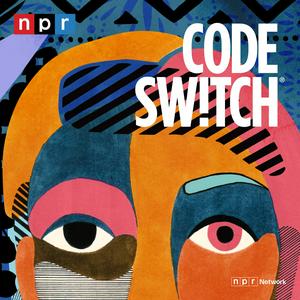When President Trump shared a racist video on his Truth Social account last week, the blowback was real. But the video is also part of a tradition that has existed in the U.S. since the early 1800s — of using "humor" to spread and crystallize racist ideals. On this episode, we speak with Raul Perez, the author of "The Souls of White Jokes: How Racist Humor Fuels White Supremacy," who tells us how making fun of Black people was crucial to constructing "whiteness" — and perpetuating white supremacy — in the early days of the U.S.
Learn more about sponsor message choices: podcastchoices.com/adchoices
NPR Privacy Policy


